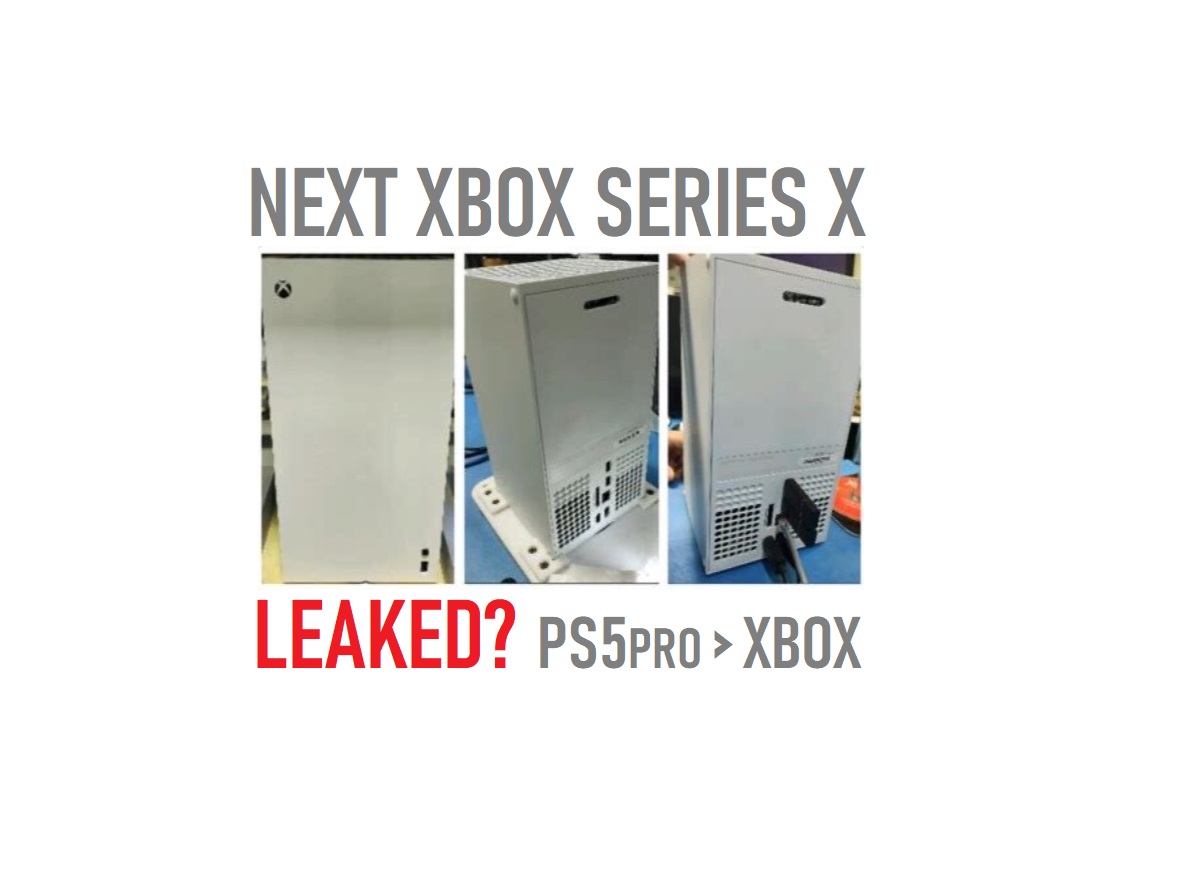In the fast-paced world of gaming, the landscape is constantly evolving, presenting both challenges and opportunities for industry giants like Microsoft and Sony. With the recent advancements in technology and the ever-growing demands of gamers, companies must adapt to stay ahead of the curve. In this article, we’ll delve into the current state of Xbox, explore the implications of Sony’s moves in the market, and discuss potential strategies for Microsoft to keep Xbox relevant and exciting in the years to come.
Key Takeaway
- Microsoft faces challenges in maintaining Xbox’s position as a leader in the gaming industry amidst competition from Sony and changing consumer preferences.
- The concept of a significantly more expensive console may not align with the current market dynamics and consumer expectations.
- Leveraging Microsoft’s expertise in PC gaming and exploring innovative hardware strategies could be key to revitalizing the Xbox brand.
The Current Landscape: Xbox’s Position in the Market
Microsoft’s Xbox has long been a prominent player in the gaming console market, competing head-to-head with Sony’s PlayStation. Historically, Xbox has marketed itself as the home of powerful hardware, promising gamers the most advanced gaming experience available. However, recent developments have raised questions about Xbox’s ability to maintain its competitive edge.
One of the primary challenges facing Xbox is the impending release of Sony’s next-generation console, which threatens to outperform Xbox in terms of hardware capabilities. This has sparked concerns among gamers and industry experts about Xbox’s ability to remain relevant in the face of stiff competition.
Additionally, Xbox’s recent lineup of exclusive titles has been underwhelming compared to Sony’s offerings, further dampening enthusiasm for the platform. Without compelling exclusive titles to attract gamers, Xbox risks losing ground to its competitors.
Sony’s Mid-Gen Refresh: Implications for Xbox
Sony’s announcement of a mid-generation console refresh has sent shockwaves through the gaming community, raising questions about Xbox’s strategy moving forward. With Sony poised to release a more powerful console, Xbox faces the challenge of keeping up with its rival’s hardware capabilities.
If Microsoft rushes to release a new console in response to Sony’s refresh, it risks being caught in a perpetual cycle of hardware updates, with each company trying to outdo the other. This could lead to diminishing returns for both companies and leave gamers feeling disillusioned with the constant need to upgrade.
Moreover, Sony’s dominance in the console market could pose a significant threat to Xbox’s long-term viability. If Sony continues to release more powerful consoles on a regular basis, Xbox may struggle to compete effectively, potentially losing market share in the process.
Exploring New Strategies: The Case for Innovation
In light of these challenges, Microsoft must explore new strategies to differentiate Xbox from its competitors and reignite excitement among gamers. One potential avenue for innovation is the concept of a significantly more expensive console, offering unparalleled performance and features.
While the idea of a high-end console priced at $1,000 may seem appealing to some enthusiasts, it is unlikely to gain traction in the mainstream market. Most consumers are unwilling to pay such a premium for a gaming console, especially when more affordable options are available.
Instead, Microsoft should focus on leveraging its expertise in PC gaming to create a unique value proposition for Xbox. By integrating Xbox features with Windows gaming, Microsoft could create a seamless ecosystem that appeals to a broader audience.
Embracing PC Gaming: A Path to Success
One of Microsoft’s greatest strengths is its dominance in the PC gaming market, with Windows serving as the preferred platform for millions of gamers worldwide. By aligning Xbox more closely with PC gaming, Microsoft could tap into this vast market and attract new users to the Xbox ecosystem.
One possible strategy is to offer Xbox OS as an alternative to traditional PC operating systems, allowing gamers to enjoy the benefits of Xbox gaming on their desktops or laptops. This would provide a seamless transition for PC gamers looking to experience Xbox exclusives without purchasing a dedicated console.
Additionally, Microsoft could explore innovative hardware strategies, such as the integration of Xbox features into gaming laptops or desktop PCs. By partnering with hardware manufacturers, Microsoft could create a range of devices tailored to the needs of gamers, offering a compelling alternative to traditional consoles.
Conclusion: Charting a Course for the Future
In conclusion, Microsoft faces significant challenges in maintaining Xbox’s position as a leader in the gaming industry. With Sony’s mid-gen refresh and changing consumer preferences, Microsoft must adapt its strategy to stay ahead of the curve.
While the concept of a high-end console may hold some appeal, it is unlikely to resonate with the mainstream market. Instead, Microsoft should focus on leveraging its strengths in PC gaming to create a unique value proposition for Xbox.
By embracing PC gaming and exploring innovative hardware strategies, Microsoft can chart a course for the future that reinvigorates the Xbox brand and reignites excitement among gamers. With the right approach, Xbox can continue to thrive in an ever-evolving gaming landscape.














